class: center, middle, inverse, title-slide # War, Technology & Innovation ## Nitroglycerin ### Jack McDonald ### 2019-10-28 --- class: inverse # Opening Discussion .question[ How does technology shape the division of the history of war and warfare? ] ??? Notes for the discussion Link to images? --- class: inverse # Lecture Outline .pull-left[ ] .pull-right[ - From Deep Mines to Land Mines - Periodising the History of Technology & War - Alternate Periodisations ] ??? Weekly Course Admin Notes go here --- class: inverse # Nitroglycerin: From Deep Mines to Land Mines ??? /// --- # Reverse Salients: Deep Mining .pull-left[ > It is hard to overstate the overwhelming drudgery of attacking a stone face with hammer and chisel. In hard rock a man day of effort will produce, at best, a tenth of a cubic meter or so of rubble, and only a few men can find room at the working face of a tunnel. Sydney Meyers and Edward S. Shanley, _Industrial Explosives_ ] -- .pull-right[ - By 17th century, mines had been dug to limits of human endeavour - Creates series of reverse salients (Flooding, ventilation, heat) - Also key: industrial explosives - Later: industrial machines ] ??? /// --- # Explosives .left-column[ 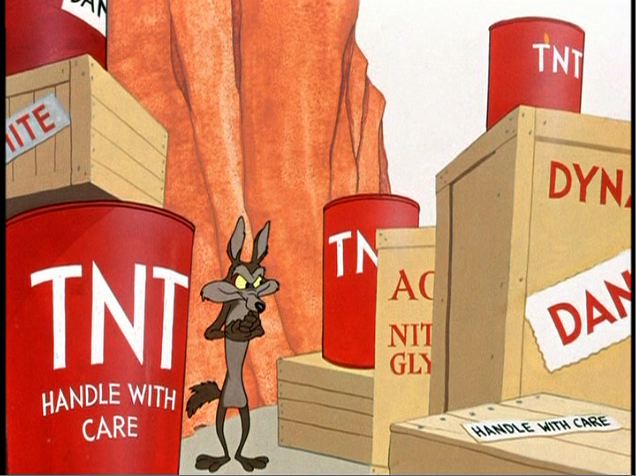  ] .right-column[ Black powder (potassium nitrate, charcoal and sulfur) Mercury fulminate (1799) Nitroglycerin (Ascanio Sobrero, 1846) Blasting caps (Alfred Nobel, 1863) Dynamite (Alfred Nobel, 1876. Nobel also developed Gelignite and Ballistite.) Ammonium-nitrate based explosives (Late 19th C onwards) ] ??? Low explosives (Black powder) deflagrate, high explosives detonate --- # Industrial Explosives .pull-left[ 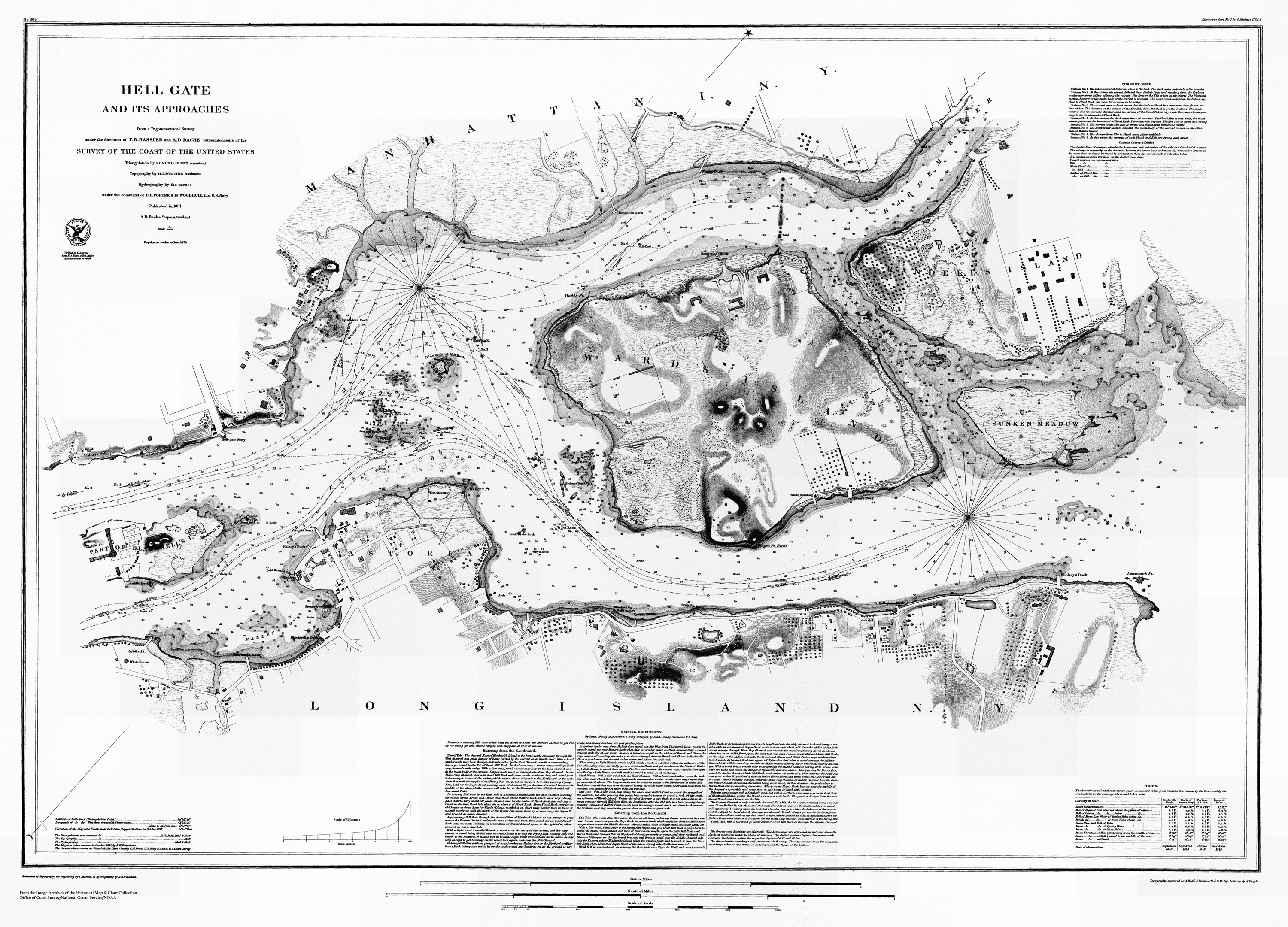 ] .pull-right[ 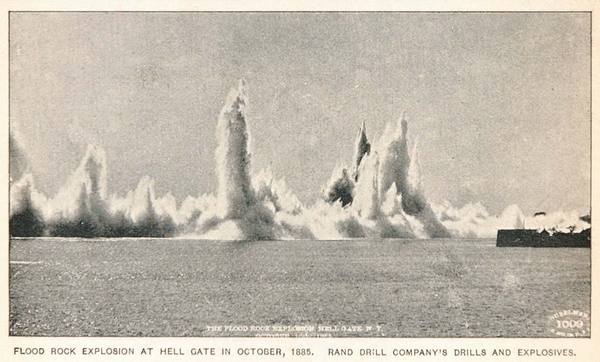  ] ??? /// --- # Dual-Use Technologies .left-column[ 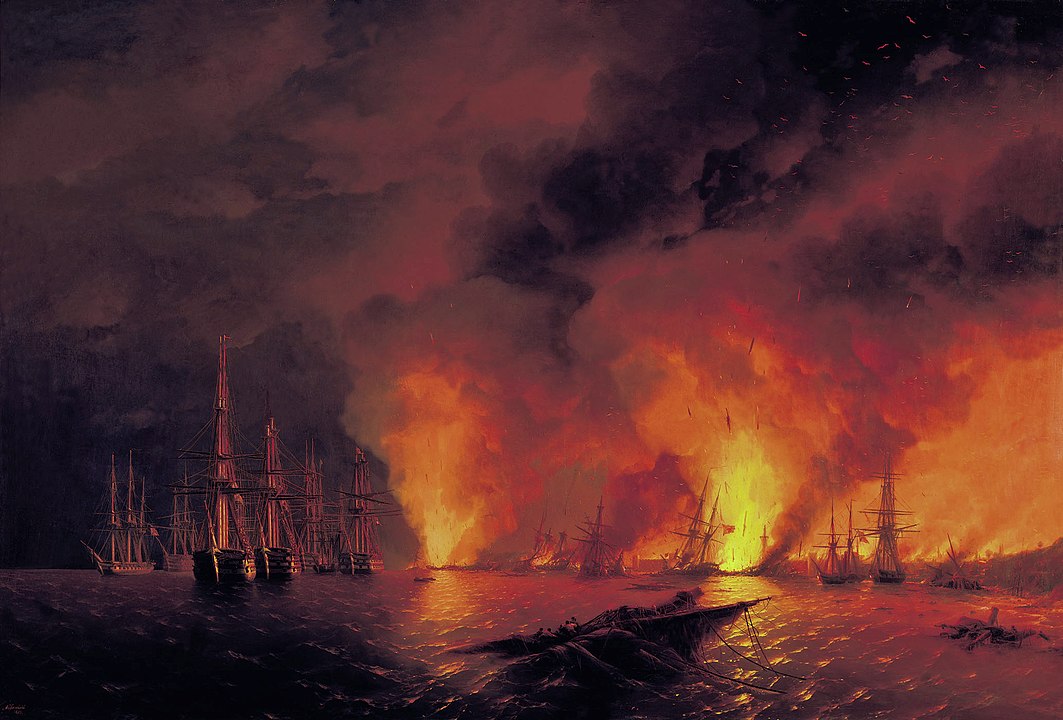 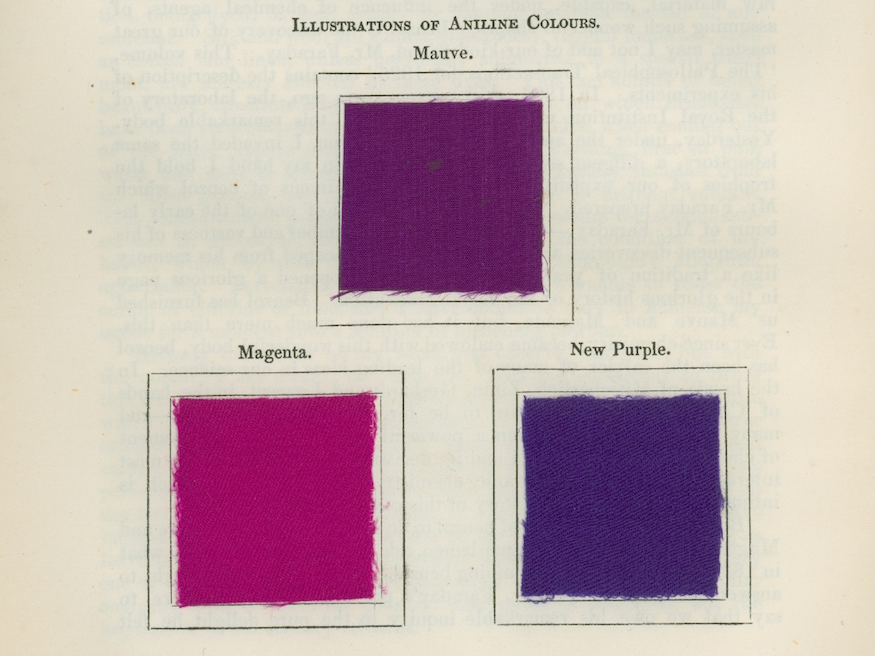 ] .right-column[ > British scientists experimented with picric acid, a chemical used in the dyeing industry. Using picric acid, they ultimately developed lyddite, to create a practical high-explosive (HE) shell for British service. The other major powers quickly followed suit, and high-explosive shells became a standard component in the world's arsenals. Jeff Kinnard, _Artillery_ ] ??? Kinnard quote p.24 Industrial explosives Synthetic dyes & chemistry Chemical weapons (Fritz Haber?) --- # Industrial Warfare .left-column[ 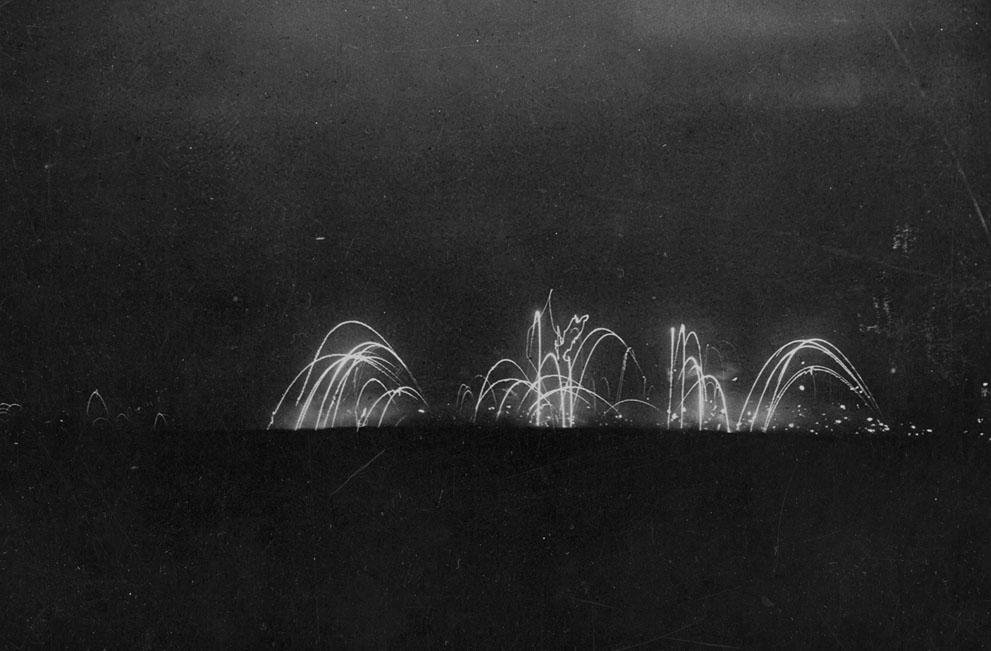 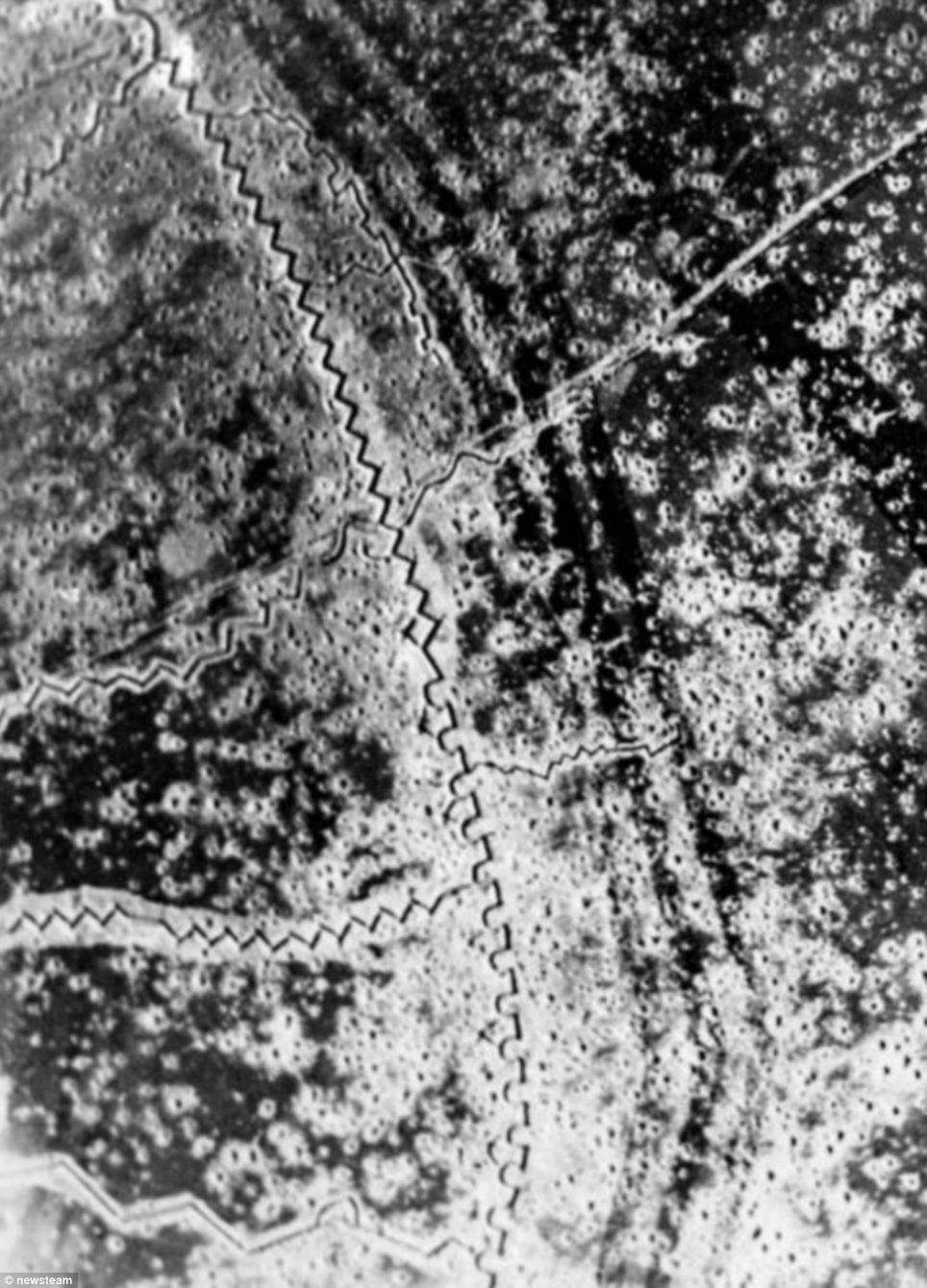 ] .right-column[ > War, at least modern war, as waged in the Western Front, is horrible and ghastly beyond all imagination of the civilian. Nevertheless it has an awe-inspiring grandeur of its own, and it ennobles and brings out the highest in a man's character such as no other thing could. Could one but remove the horrible suffering and mutilation it would be the finest purifier of nations ever known. B.H. Liddell Hart ] ??? /// --- # Explosive Weapons & Beyond .pull-left[ .medium[ > It is considered a legitimate mode of warfare to fill shells with molten metal which scatters among the enemy, and produced the most frightful modes of death. Why a poisonous vapor which would kill men without suffering is to be considered illegitimate warfare is incomprehensible. War is destruction, and the more destructive it can be made with the least suffering the sooner will be ended that barbarous method of protecting national rights. Lyon Playfair ] ] .pull-right[  ] ??? Shells Landmines Incendiary weapons Cluster munitions Nuclear weapons? --- class: inverse # Question .question[ What descriptions do you know of for the period of warfare that covers the present day? When did that period start? Why? ] ??? /// --- class: inverse # Periodising Technology, Periodising War ??? /// --- # Periodising the History of War .pull-left[ .picblock[ 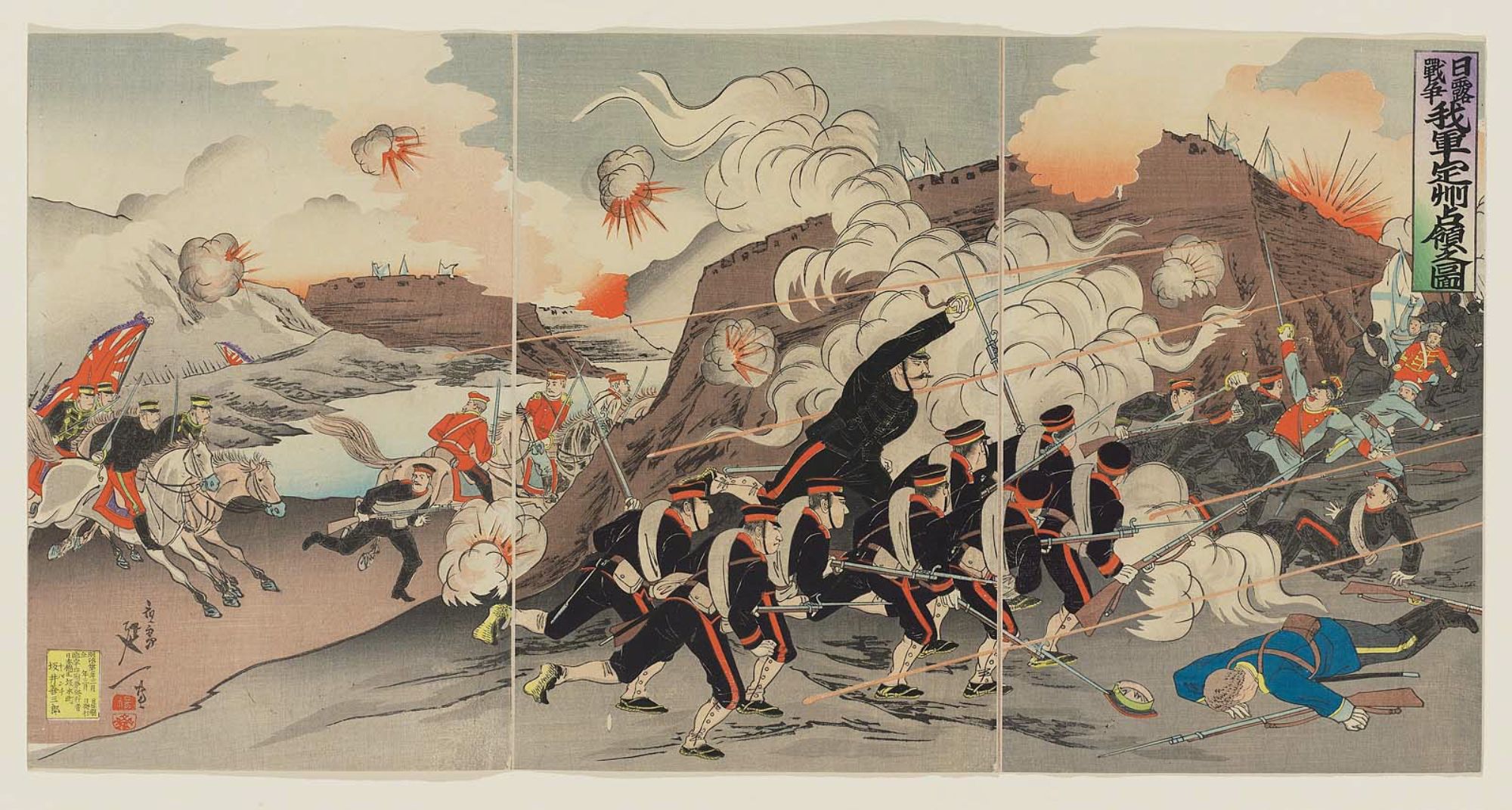 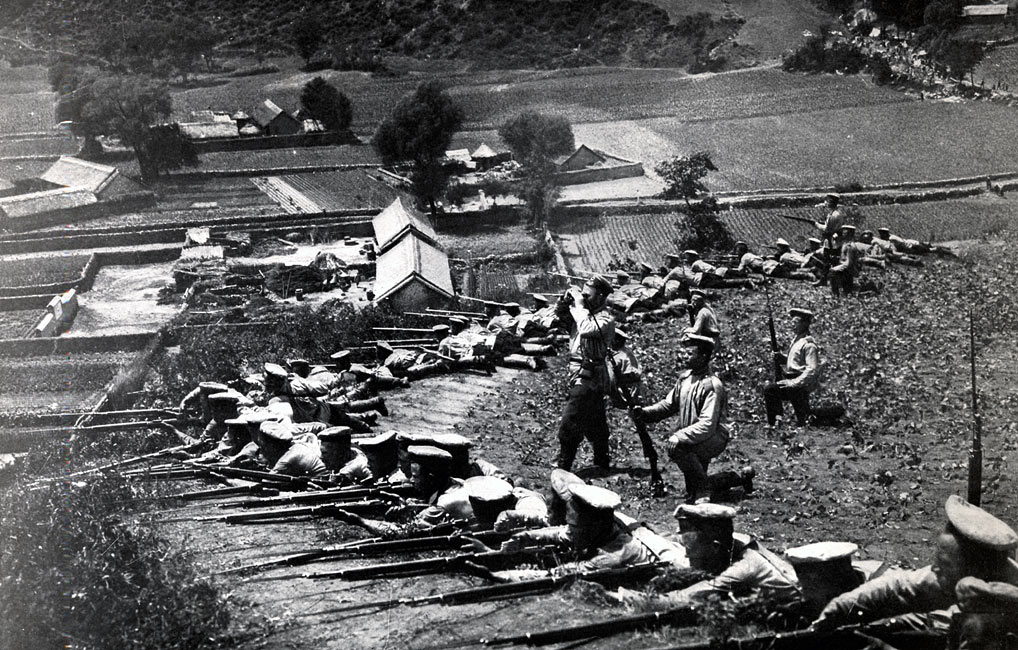 ] ] .pull-right[ > The invention of gunpowder closes the first great epoch in organised warfare. J.F.C. Fuller, _British Light Infantry in the Eighteenth Century_ ] ??? Pic 1: Watanabe Nobukazu: Russo Japanese War --- <!-- Periodising the History of Technology --> 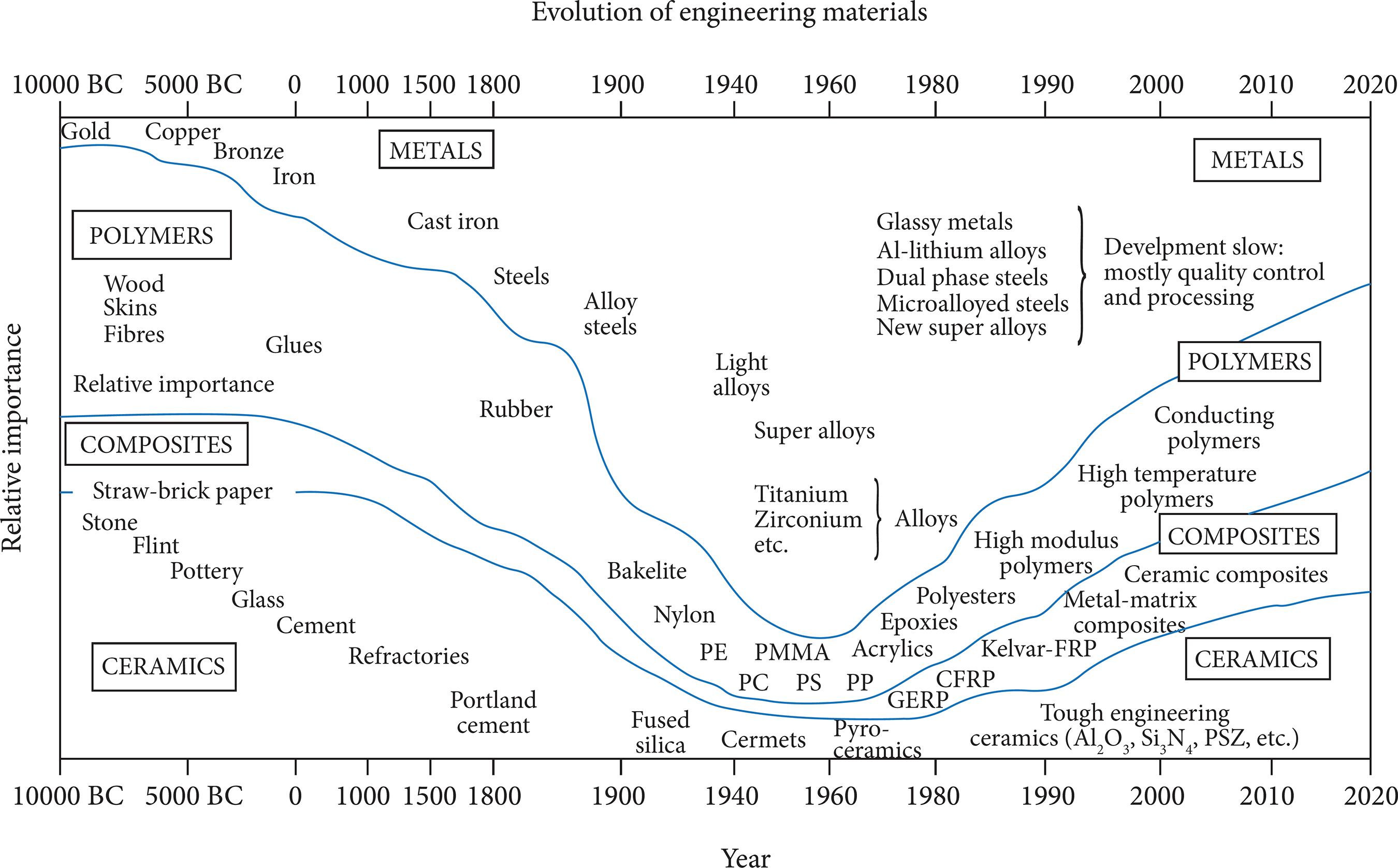 ??? /// --- # The Periodisation Problem - Periodisations of history reflect the person(s) dividing up the past - Periodisations can exert a strong hold over perceptions of the past, and can therefore affect the present and future - Our understanding of the past/present/future is framed by the work of prior scholars - The relationship between war and technology is largely understood via a periodised history of this relationship that derives primarily from military history -- This leads to some questions: - What do we miss by following current periodisations of war and technology? - What can alternate periodisations tell us about the relationship between war and technology? - What is the academic and policy relevance of examining war and technology in this way? ??? What change do you care about? What stability do you perceive? How can we comprehend the period that we are in? What kinds of predictions are possible about the future? --- # War/Tech Periodisations > we come not to bury the Industrial Revolution. We have come to provide it with a ...helpmate, a companion concept that I believe can help in the formulation of a sharpened definition of the Industrial Revolution while also serving to illuminate important changes in economic behavior (that go well beyond the epoch of the Industrial Revolution itself) that speak to an interest in the past borne of contemporary experience but about which the Industrial Revolution concept is either silent or misleading. Jan de Vries, _The Industrial Revolution and the Industrious Revolution_ ??? quote p.254 The key problem: Technology enframes social systems, or is integral to them. Most war/technology periodisations select weapons and weapon systems as the key technology by which to periodise war/warfare. Essentially we are describing the choices made within spaces of technological convergence. What kinds of future convergence is it possible to predict? --- # An Alternate ICT Periodisation .left-column[ 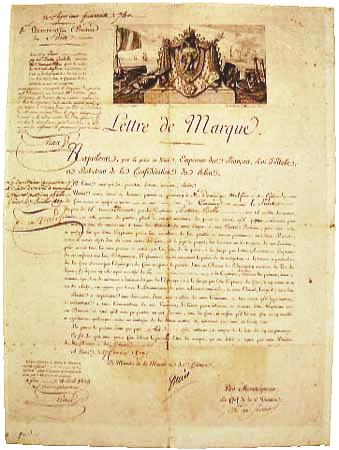  ] .right-column[ > Without the consent of the Blair government, Gen Richards promised Mr Kabbah that Britain would supply arms, ammunition and helicopters to Sierra Leonean forces to launch a fight-back against the rebels. "London wanted me to get the British nationals out and then bugger off. But the kind of personnel and weapons you would need to carry out an evacuation in a conflict zone was much the same as a small-scale military operation to push back the rebels," Gen Richards said. "And luckily we were a long way away." ] ??? /// --- class: inverse # Question .pull-left[ Consider three ways to periodise warfare by the use of explosives: - Before/after the use of gunpowder (artillery, "early" military revolution) - Before/after the development of infantry firearms ("traditional" military revolution) - Before/after the development of high explosive artillery shells ] .pull-right[ .large[ What alternate periodisations of history could be written about the use of explosives in war? ] ] ??? /// --- class: inverse # Alternate Periodisations of War and Technology ??? /// --- # Explosive Weapons in the History of Peace .small[ >Considering: > That the progress of civilization should have the effect of alleviating as much as possible the calamities of war; > That the only legitimate object which States should endeavour to accomplish during war is to weaken the military forces of the enemy; > That for this purpose it is sufficient to disable the greatest possible number of men; > That this object would be exceeded by the employment of arms which uselessly aggravate the sufferings of disabled men, or render their death inevitable; > That the employment of such arms would, therefore, be contrary to the laws of humanity; > The Contracting Parties engage mutually to renounce, in case of war among themselves, the employment by their military or naval troops of any projectile of a weight below 400 grammes, which is either explosive or charged with fulminating or inflammable substances. 1868 St. Petersburg Declaration ] ??? /// --- # Humane Warfare .pull-left[ .medium[ > Ontologically speaking, the question of life and death is binary. Humans are either 'alive' or they 'are not alive'. Yet as will become evident, when it comes to questions of lethality, the methodological challenge of defining a crossover point between being and nothingness is scientifically and technically disobedient. Laboratory experiment has been unable to generate the level of certainty necessary to define the optimal process of killing in war. Matthew Ford, _The Epistemology of Lethality_ ] ] .pull-right[ 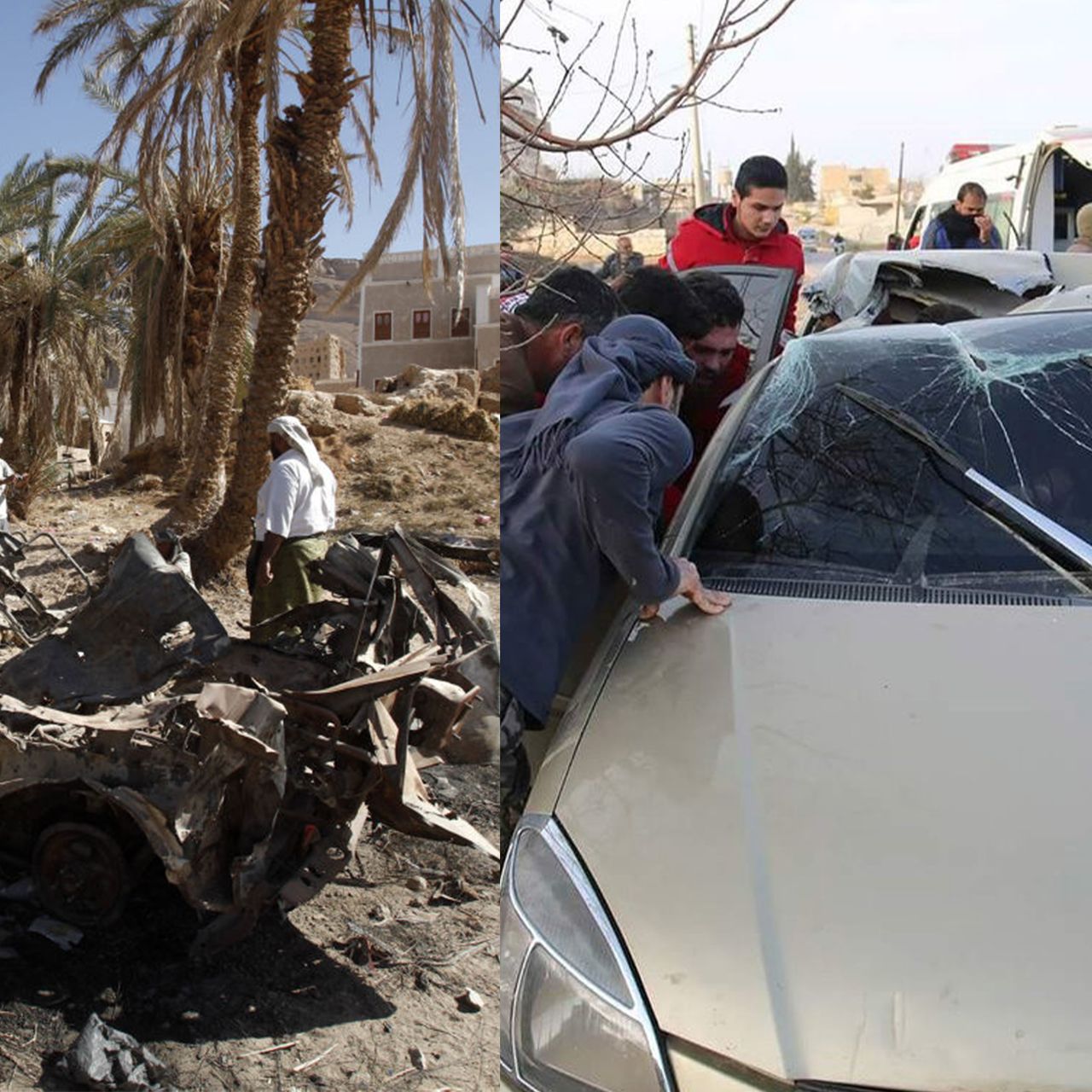 ] ??? /// --- # UXO and War Over Time .pull-left[ 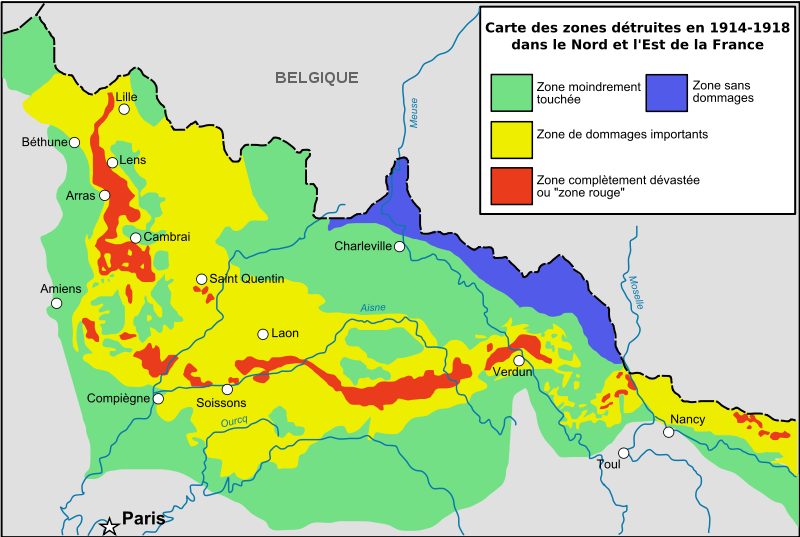 ] .pull-right[  ] ??? /// --- # The Great Levelling .pull-left[ 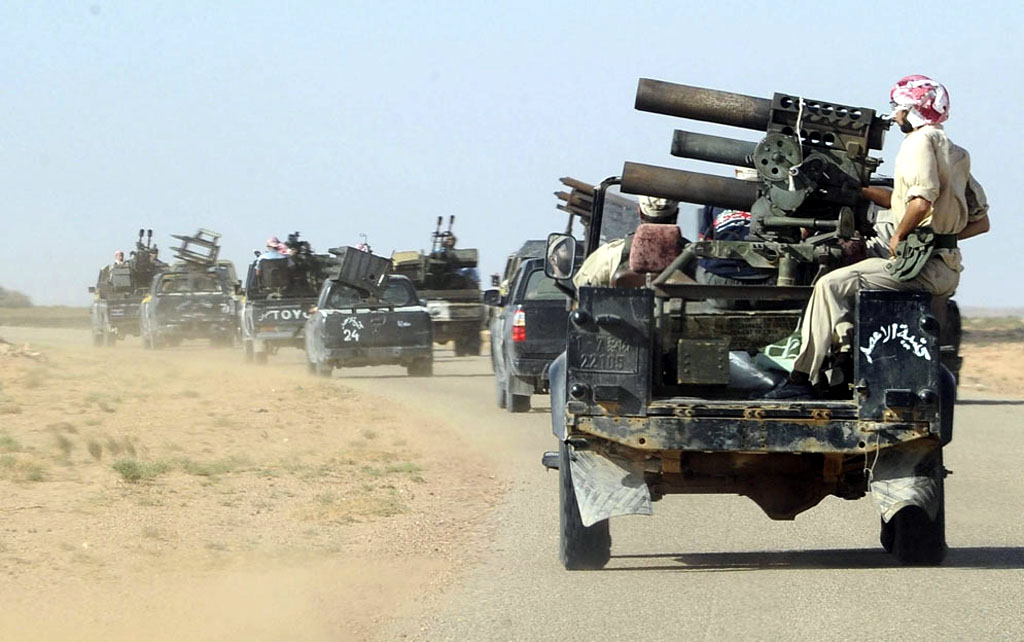 ] .pull-right[  ] What is more important: The power of some states relative to other states, or the power of states relative to non-state actors? ??? ///